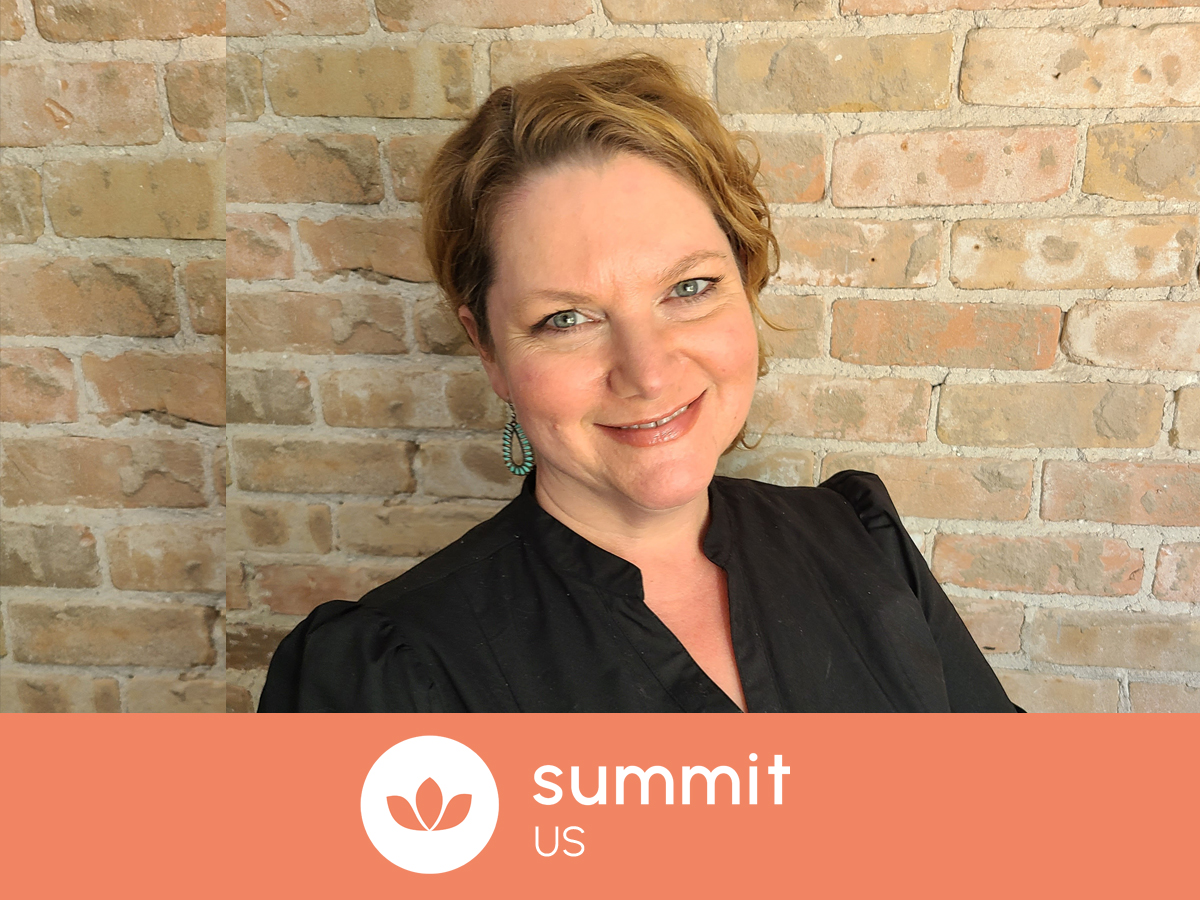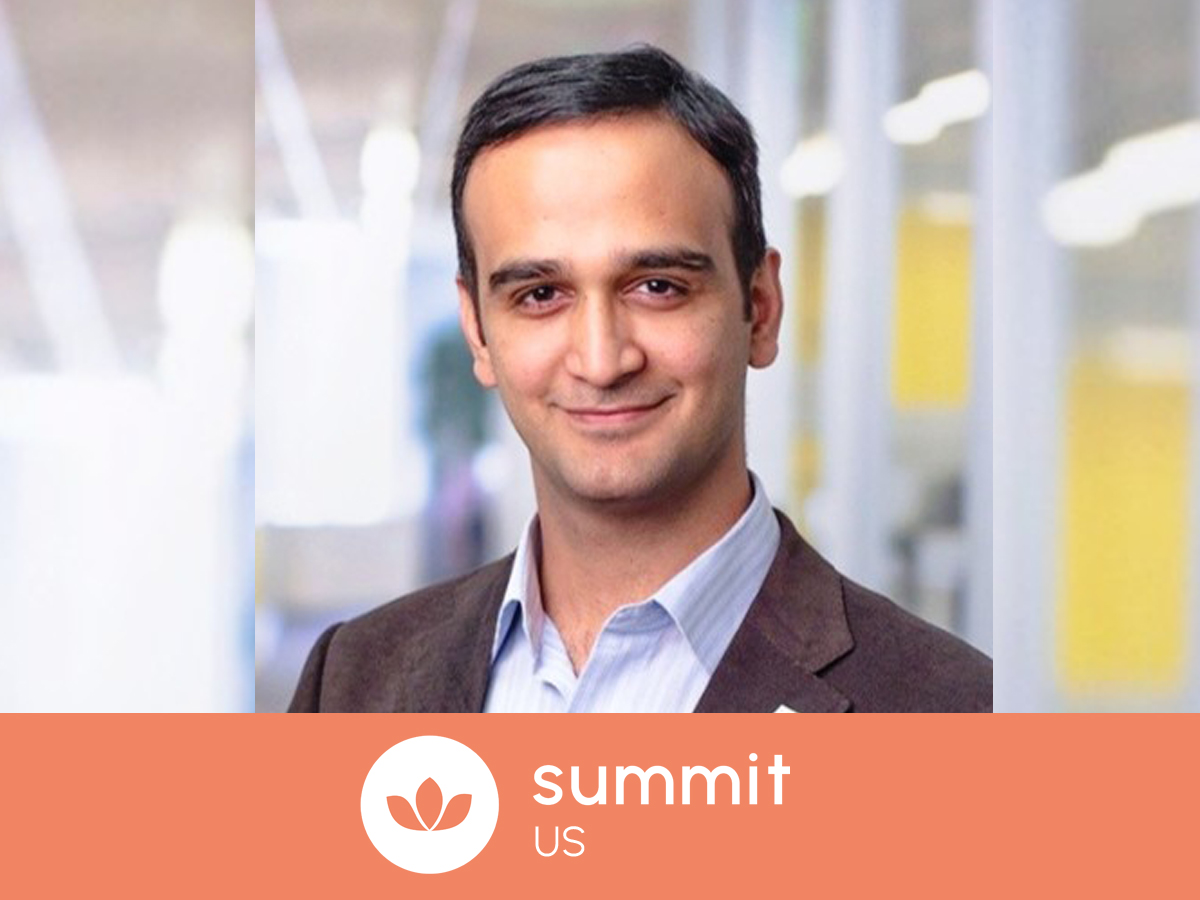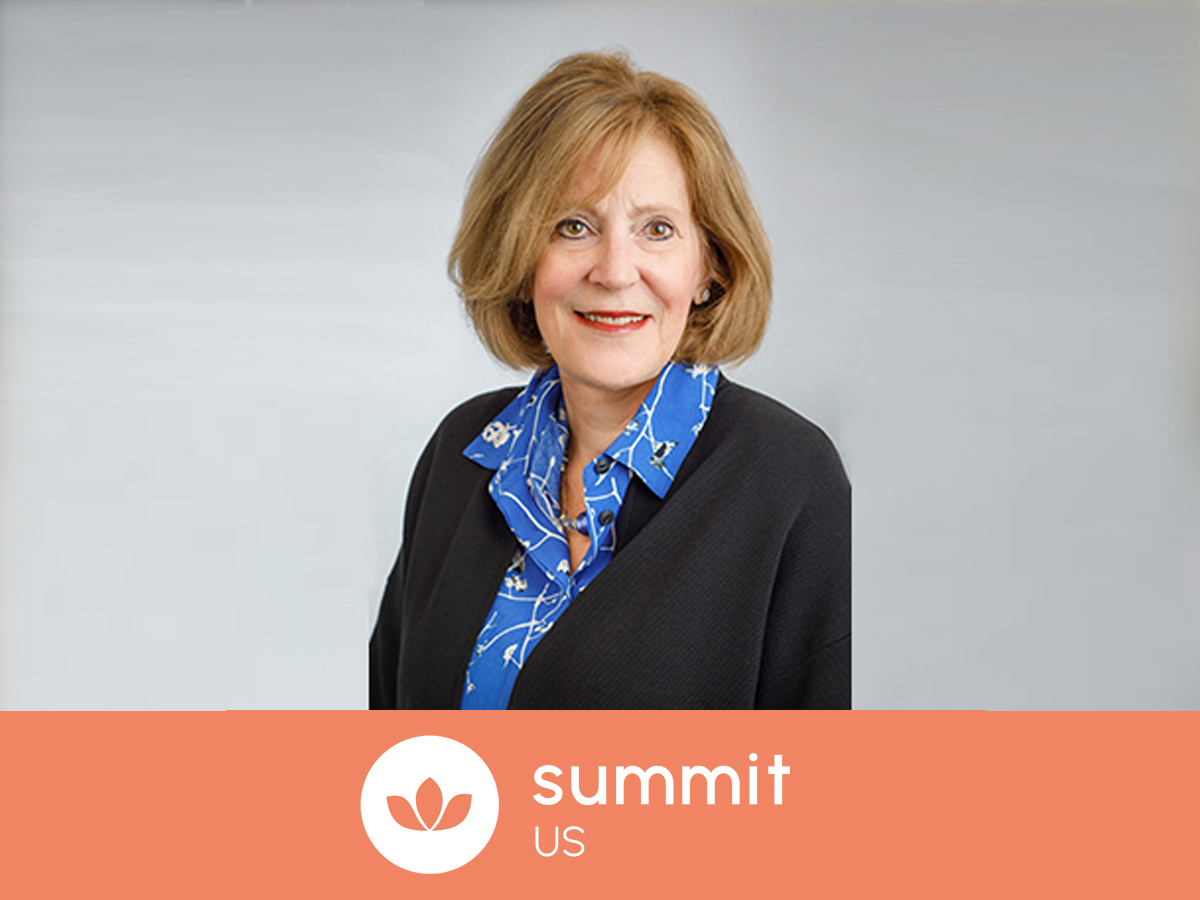
Kacy is an award-winning workplace well-being strategist and women’s health advocate. She spent over twenty years in biopharmaceuticals learning the importance of health education and community support as well as the criticality of creating access to medications. Despite this knowledge, when perimenopause symptoms hit, Kacy fell victim to Google Search, and knew there had to be a better way to learn about the menopausal transition. That is why she created The Fuchsia Tent. In addition to being the CEO and founder of The Fuchsia Tent, Kacy runs a well-being consultancy where she works alongside organizations to ensure sustainable business growth along with market leadership in talent retention, and attraction. She has built and executed well-being strategies and solutions from the ground up, based on a multidisciplinary approach of storytelling, deep listening, and evidence-based organizational design practices. She is a published author, aTEDx speaker, and a LinkedIn Top Voice for public speaking. Kacy does frequent keynotes for global employers, guest lectures and UMass Amherst, and has appeared on numerous global podcasts talking about workplace well-being and menopause. She has authored articles on hot topics in the workplace ranging from menopause and mid-career transitions to flexible work, compassionate leadership, and the keys to employee engagement. Her work has been featured by Thrive Global, HR Grapevine, Wellbeing Designers, Wellbeing at Work, etc… Kacy lives in Massachusetts with her partner, Mark and her two chihuahuas, Otto and FInn.
We are delighted that Kacy will be speaking in both New York and Austin Texas as part of our US summit. We caught up with her to see how she’s feeling in the runup to the event.
Hi Kacy, we are thrilled that you will be speaking at the Wellbeing at Work US Summit in March. Our first and most important question is, how are you doing today??
I’m OK and very grateful it is Friday. There is a lot going on right now and I am ready for some REST.
As a leader based in the region, what are the main challenges you are facing when it comes to employee wellbeing and mental health?
The political climate and world events are making it very difficult for individuals to focus when they come to work. When you add the 24/7 news cycle, and social media to current events, employees are more distracted than ever. Employee engagement is at an all time low in the US and we know from prior research that being disengaged at work is 3X more likely to cause an employee to feel stressed than where they work. Yet companies continue to focus on in-office vs. hybrid or remote work. Instead, we need more companies and leaders helping to connect the dots between individual and organizational purpose which leads to increased organizational commitment and engagement.
What strategies have you seen developing over the past 6 months, both internally and externally, that are moving the dial on wellbeing in the workplace?
Companies that are embracing wellbeing as a business imperative and moving the conversation outside of Human Resources are having the most positive impact. In addition organizations that are focusing on compassionate leadership and active listening skills in addition to programmatic content see the best results. Those organizations that measure outcomes instead of inputs (like where we work) in their performance management systems have the most engaged employees.
Why is employee wellbeing so important to you personally?
Employee wellbeing is what gets me out of bed everyday, because I have seen firsthand what happens when we stop prioritizing our wellbeing in favor of hustling. Wellbeing isn’t a benefit, but rather an outcome of business done right and a strategic imperative. Organizations that prioritize the wellbeing of their people are the most productive and will continue to be talent magnets. My personal experience with burnout also motivates my love of wellbeing, but that feels like a common thread between all wellbeing professionals.
What impact is AI having in your organization and how are you managing that?
As a small business owner, AI is my best friend and co-worker. I use AI to remove the administrative tasks that get in the way of my survival tasks like building strategy, speaking, and writing. I have written about AI being an enabler for leaders to human better. Let the machines do the iteration, so as leaders we can focus on compassionate dialogue, personal development, collaboration, and team building.
Other than AI, are there any challenges that you are seeing for the first time and how are you addressing them?
I think the constant yo-yo scenario of RTO, hybrid and back to RTO is creating a lot of tension in the system. Employees are frustrated and the explanations behind the back forth transitions have not been clear. Effective change management and communications strategy are key to any organizational change and we haven’t seen many strong explanations around RTO, because the data supports increased autonomy. So we need to build complete change management strategies and more effectively communicate “the why” especially when the data does not support a decision.
What areas do you think employers should be focused on over the next 12 months?
- Spend time increasing organizational commitment by tying individual and organizational purpose together
- Work to incentivize outcomes based performance and recognize strong performance frequently
- Invest money in supporting midlife women in the workplace and educating all employees on menopause
- Consider training leaders in both utilizing AI for administrative tasks and compassionate leadership so they spend more time focusing on people and less time administrating.
Do you feel that investment in employee wellbeing in the region is increasing or decreasing and is that a direct reflection on HR leaders’ increasing ability to demonstrate effective returns of their strategies to leadership?
Full-time well-being roles are declining and organizations are realizing that just having programmatic solutions will not deliver the ROI they seek when it comes to wellbeing. Progressive organizations understand that well-being has to live beyond Human Resources. I see investments increasing in bringing in external consultants who have expertise in wellbeing and areas that are wellbeing adjacent, like ways of working, and compassionate leadership.
How has your organization been leading the way?
I have founded two businesses in the well-being space where we continue to research, consult, write and speak about the benefits of compassionate leadership and the business case for increasing menopause support in the workplace.
Kacy will be speaking in both New York and Austin at the Wellbeing at Work Summit US which takes place in New York, Austin Texas and virtually. Further details on the Summit can be found here.



